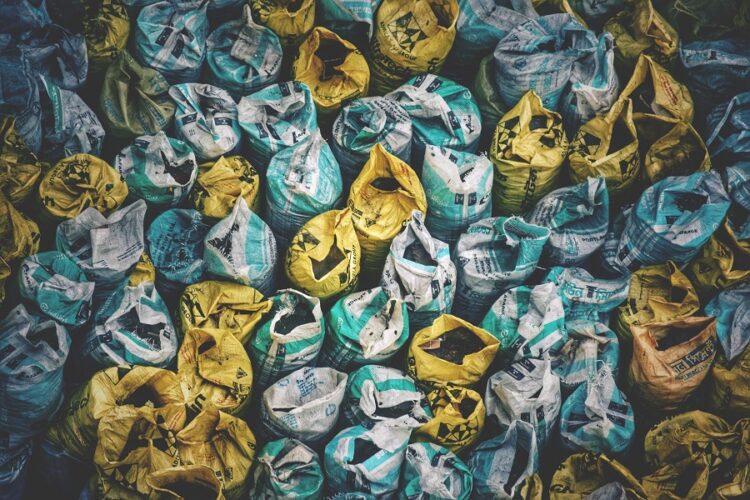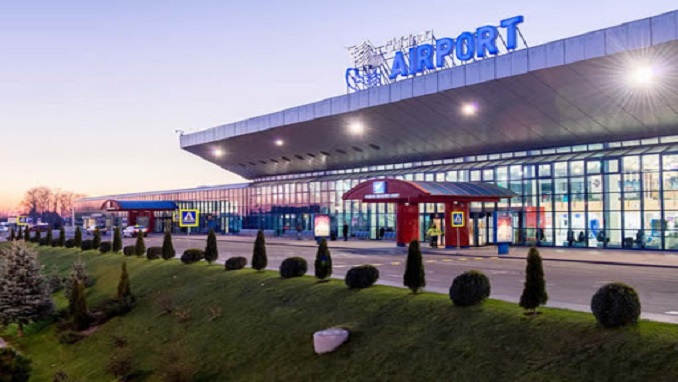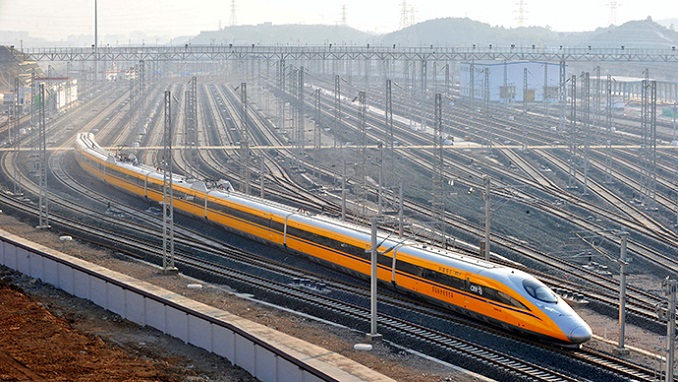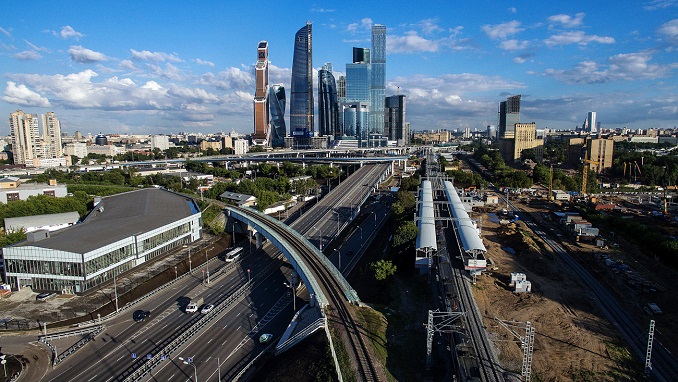The government of Moldova will receive a sovereign loan from the European Bank for Reconstruction and Development (EBRD) for €25 million in order to finance important improvements to its solid waste infrastructure system and to address urgent environmental issues, the bank informed via press release.
The loan is a component of a larger financing package that also includes an extra sovereign loan of €25 million from the European Investment Bank (EIB) and investment grants from foreign donors.
The project is a significant step toward a long-term solution for solid waste management services in Moldova and the country’s first large-scale endeavor in the field of solid waste management to involve many regions.
In accordance with Moldova’s Solid Waste Management Strategy, the EBRD investment will assist enhancements to the solid waste management systems of three Waste Management Zones.
It will provide funding for the acquisition of waste transport and disposal equipment like garbage bins and pickup trucks as well as the development of solid waste disposal and treatment infrastructures like landfills and material sorting and treatment facilities.
Ungheni, Nisporeni, and Calarasi districts are part of the first Waste Management Zone to receive EBRD financing under the project; this zone will cost around €19.48 million to develop. It will be financed by the EBRD’s loan in its first tranche, which will total €6.94 million.
The EIB will provide a comparable sum. Additionally, an investment grant of up to €5.6 million will be given for its restoration under the Eastern Europe Energy Efficiency and Environment Partnership (E5P), to which the European Union (EU) is the major donor. The initiative also gains from technical assistance funding from Sweden.
In the participating zones, the project makes it possible to regionalize and expand the regional solid waste management system. It is anticipated that it will act as a model for an effective solid waste management system across the nation.
With the help of the EBRD’s investment, the government of Moldova will be able to provide better and more effective municipal garbage collection services that encompass both urban and rural regions.
A healthy municipal infrastructure, including solid waste infrastructure, is essential to preserving the environment and maintaining public health. It is essential for creating sustainable and livable cities as well as for achieving the Sustainable Development Goals of the United Nations (SDGs).



